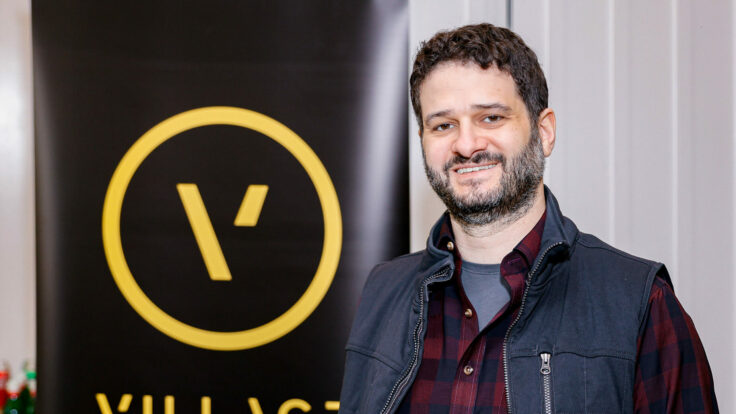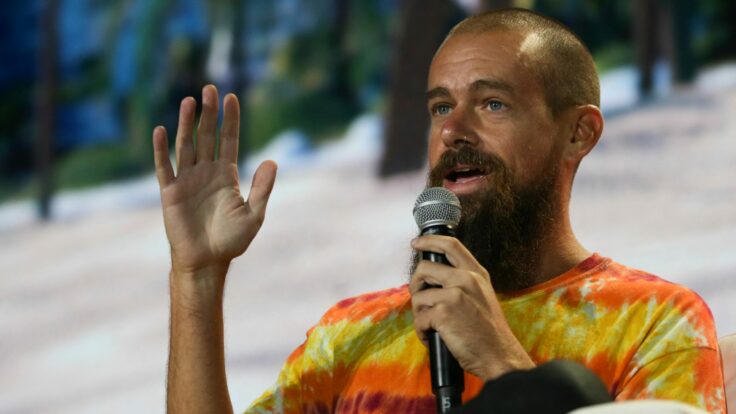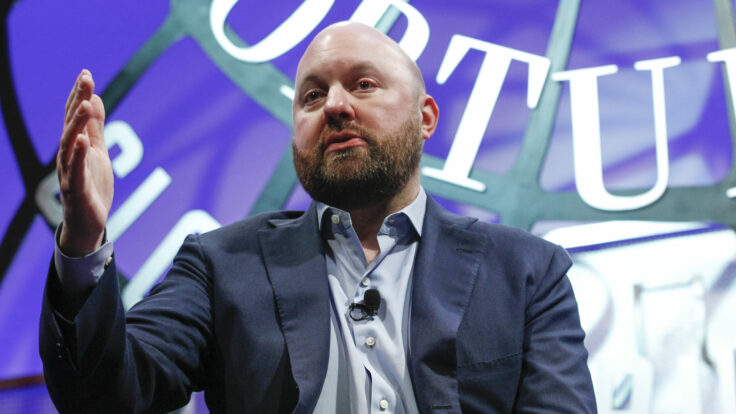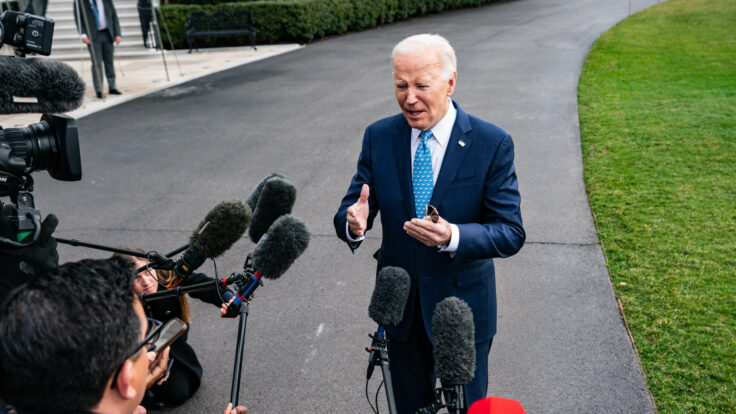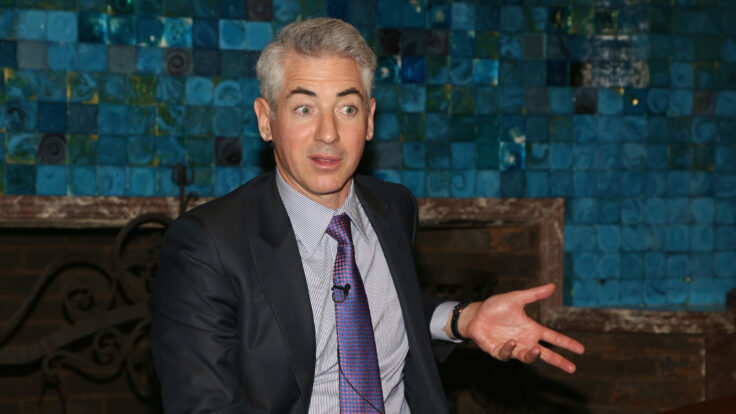I first encountered Jiore Craig, a senior fellow of digital integrity at the Institute for Strategic Dialogue, through my friend and pro-democracy colleague Jon Alexander, a U.K.-based writer I met during Covid. At the time, Jon, my partner Elizabeth, and I were beginning to explore more ways in which “citizen” can function as a verb, and how we can better understand “democracy” as a practice and not just an idea. Of course, these questions are now inextricably linked to our lives online, and the ways in which mis- and dis-information spread through the digital landscape. When I was introduced to Craig’s work, it felt like I had discovered a missing piece in the tapestry of our intellectual inquiry.
In her own telling, Craig’s field was born in 2015, and became hypercharged following the 2016 election. She studies how information is manipulated online—from the ways in which tech C.E.O.s put their thumbs on the scale in the battle for our eyeballs, to how our collective trust in one another has eroded as a result of the attention economy. Naturally, her work coalesces around how these dynamics impact elections and public opinion, which is why she was recently called before the House’s subcommittee on elections to discuss “foreign and domestic sources of disinformation.” Trust me, it’s worth watching in full.










